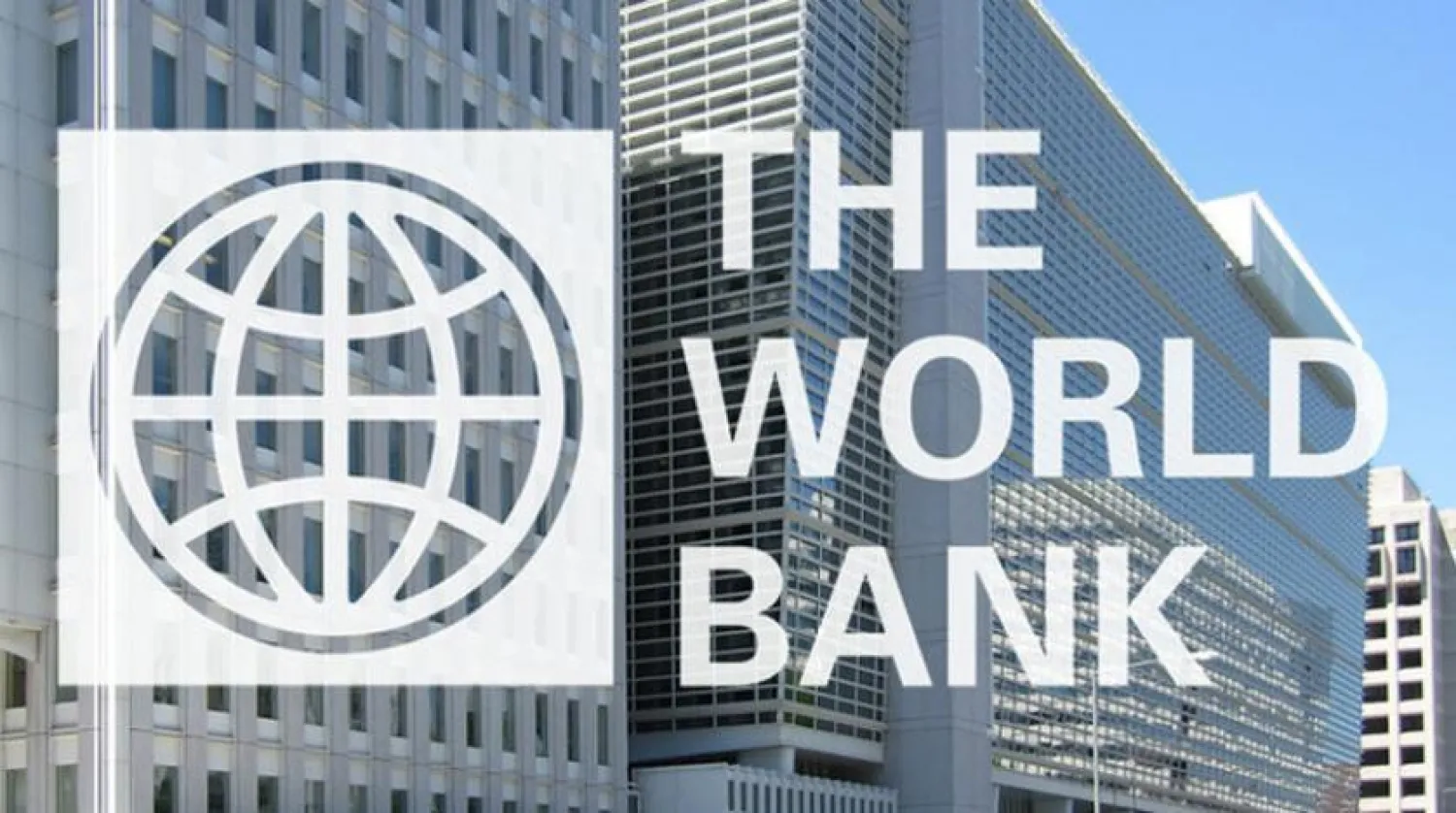The World Bank on Wednesday announced it was halting all of its ongoing projects in Russia and Belarus in response to the invasion of Ukraine.
Citing the "hostilities against the people of Ukraine," the development lender said it "has stopped all its programs in Russia and Belarus with immediate effect."
The bank finances infrastructure projects and provides policy advice to members, but "has not approved any new loans to or investments in Russia since 2014. There has also been no new lending approved to Belarus since mid-2020," AFP reported.
According to the website, the institution has 11 ongoing projects in Belarus for a total cost of $1.2 billion, and which deal with energy, education, transportation and Covid-19 response.
With Russia, there are just four projects costing $370 million, which largely deal with policy issues.
The bank on Tuesday announced that it is preparing a $3 billion aid package for war-torn Ukraine, which will include at least $350 million in immediate funds, while the IMF also is preparing to provide emergency assistance to the country.









